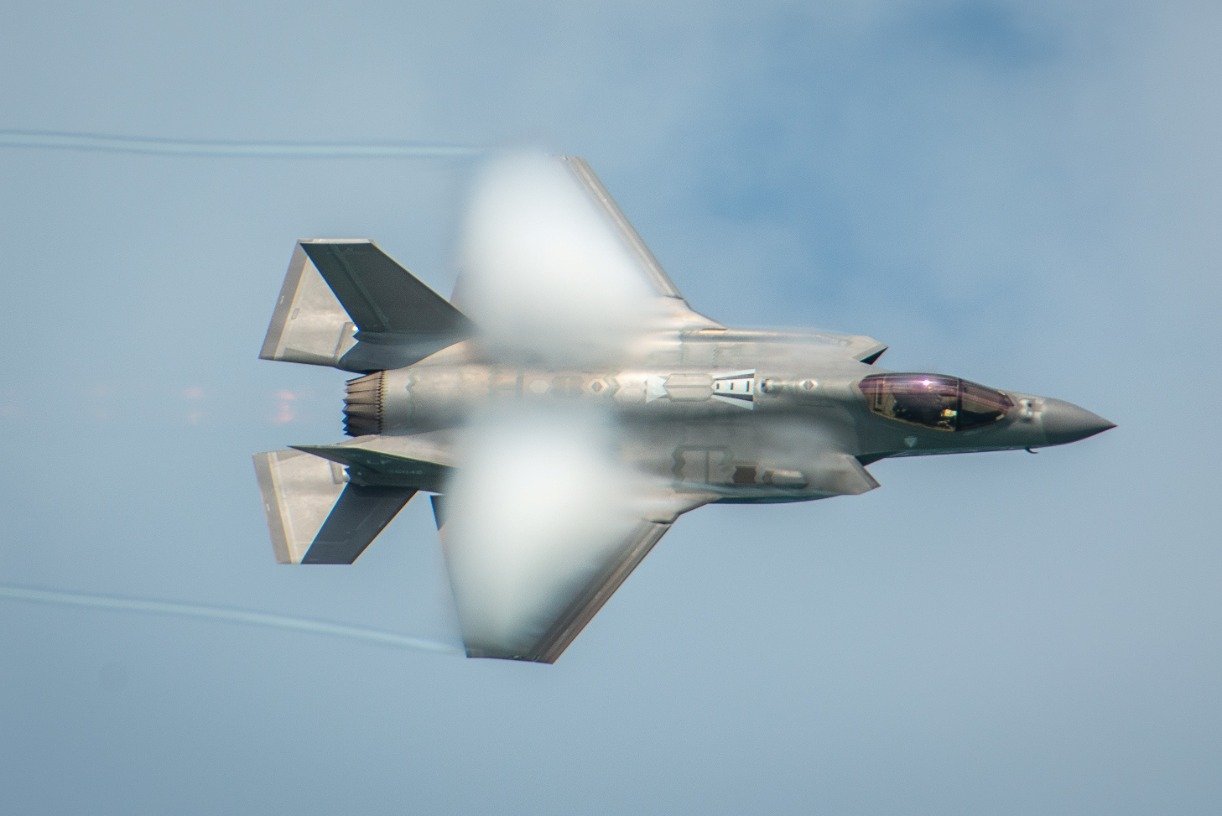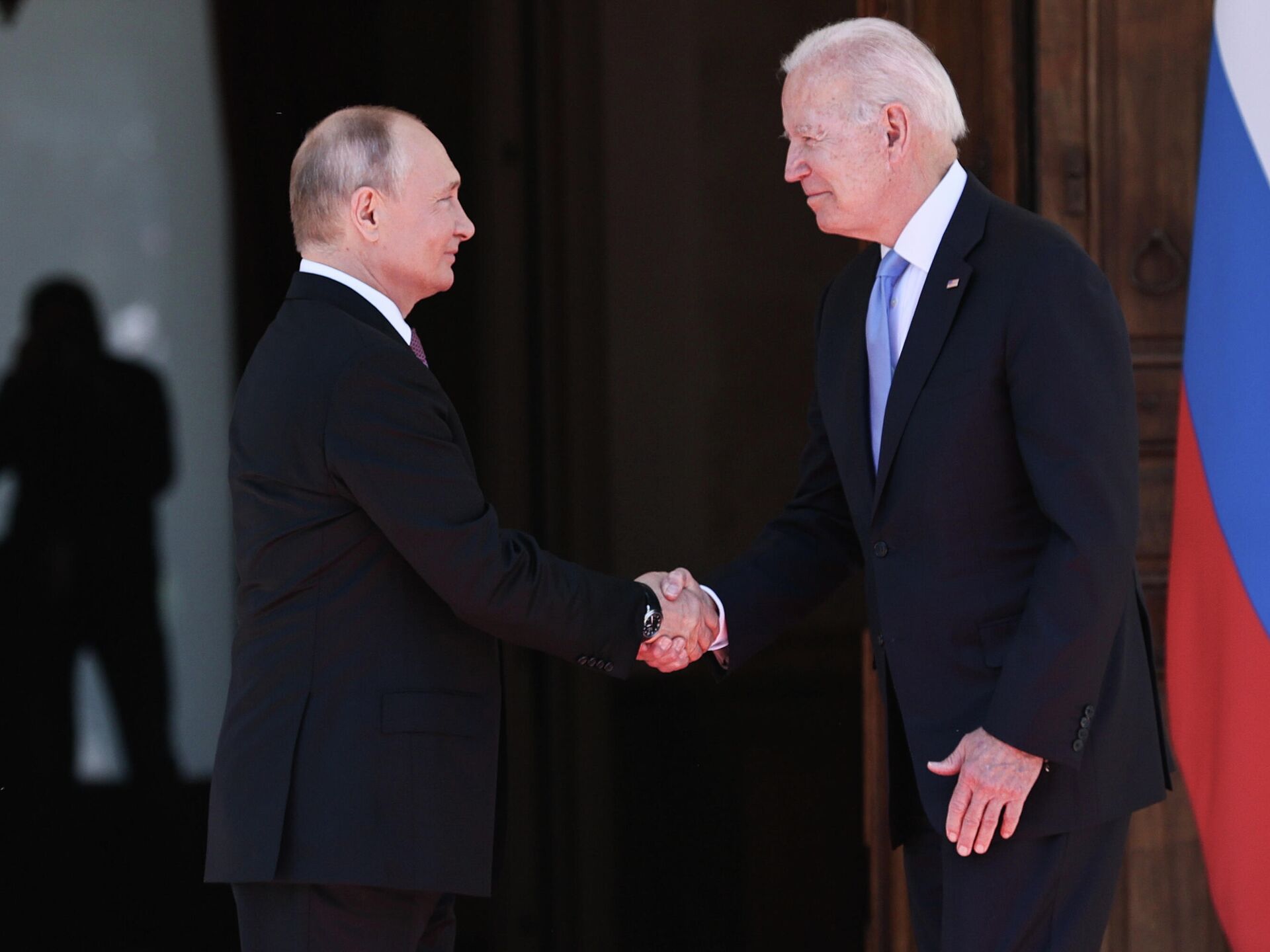
 Crimson Alter
Crimson Alter
there were not many of those willing and able to participate in resuscitation of the Egyptian economy, without trying to turn Egypt into a colony
Translated by Kristina Rus
Kristina Rus: It is a reality of today's world order - if a country is not a superpower, it must seek a strong shoulder to rely on. The choices are few a far in between: bow to America and become a colony, or cooperate with Russia or China and become an equal partner. The choice is obvious, and this is why American predatory strategy is doomed to fail, gradually freeing more and more victims from its firm embrace, until it is forced to become just another member of a multi-polar world, marveling at its former reach and shrugging off its shameful past as just history... In this regard Russia is far ahead of the US, having abandoned its imperial ambitions for a more appealing and fair approach to foreign policy.
***
If in 2012 someone told the leader of Egyptian Maidan and a U.S. State Department pet Mohammed Morsi, that he will receive not a triumphant presidential term, but a coup d'etat, a trial and death sentence, he would not believe it. Life was more complicated. If American and Russian analysts in 2012 were told, that three years after the Egyptian Maidan, the head of Egypt will arrive to a May 9 parade in Moscow and will seek Kremlin's political cover, analysts and experts would wag a finger at a temple. Too bad. Russians always come back. And not just for the money, wrote Otto von Bismarck.
However, the money also played a role. After a brief, but brilliant reign of Maidan hordes and state dep curators, the Egyptian economy, which did not shine with prospects, was in a state of total incapacity. And then an interesting fact surfaced: there were not many of those willing and able to participate in resuscitation of the Egyptian economy, without trying to turn Egypt into a colony. In fact, Marshal Abdul-Fattah Saeed Hussein Khalil Al-Sisi had a choice between two alternatives to Washington's influence. He could choose Moscow or choose Beijing. As an intelligent military man, Marshal Al-Sisi had decided to cooperate with both China and Russia, but priority was still given to the country that can provide Egypt with a serious argument against the attempts of foreign interference - high-tech, effective and cheap weapons. This is a reason for a momentous visit by Al-Sisi to Moscow, which put the Middle Eastern office of the State Department into a prolonged depression, combined with a long drinking binge.
In February of this year, Putin paid a return visit to Egypt, and this visit was perceived by the Western media, for example, the British Guardian as "a clear signal to the West". I wonder how did it feel for the staff of the State Department to look at Putin and Al-Sisi, standing in Tahrir square, were the protests of Egyptian "orange revolution" began?
The February visit of Putin had one very specific consequence: Putin and Al-Sisi agreed on the establishment in Egypt of a Russian industrial zone, and this arrangement has become a very important element of foreign policy of Moscow. Russia is once again beginning to expand its markets, and finally, the entire state is focused on this issue, rather than private companies on their own. We learn from our friends and competitors, adopting the best practices of Beijing and Washington.
This week in Cairo landed a team of top Russian officials headed by the Minister of Industry and Trade, Denis Manturov, who brought with him several Russian governors, and a very representative delegation of businessmen.
The results of the visit were impressive:
1. Russia and Egypt will move to settlements in national currencies. Current turnover between the countries is 5.5 billion dollars, but it is now growing in rubles and Egyptian pounds. Any extension of the ruble zone is good for our country. The extension of the ruble circulation by squeezing a dollar circulation — is a double benefit.
2. Egypt had submitted a request for a free trade zone with the EEU
The farther we go, the more actively develop the Russian integration projects. Recently an agreement on a free trade zone with Vietnam was signed, now it's Egypt's turn. Without cookies on the Maidan, without the "Eastern partnership", without fireworks and loud statements, Russia has drawn more and more countries into its integration orbit.
3. A preliminary agreement was reached on the delivery of 12 Sukhoi Superjet 100 aircraft with the option to sell 12 more, first deliveries of the aircraft can begin in late 2016.
It is very likely that the aircraft leasing will be financed by a special Russian-Chinese fund: "Now we are working on this issue, we are talking about the possibility of supplying 12 airplanes plus an option for another 12. Recently in the framework of the visit of President XI Jinping in Moscow an agreement was signed to establish a special Fund of 3 billion dollars that will provide SSJ100 delivery in quantities of 100 units with RDIF [Russian Direct Investment Fund] and Chinese partners ," — said Manturov.
4. A significant package of orders for the supply of weapons. The official comments mentioned planes, helicopters, ground equipment and anti-aircraft missiles. Unfortunately, no details yet, because negotiators referred to "the sensitivity of the subject".
With the development of cooperation in the field of nuclear energy, the work of Russian oil companies in Egypt and a significant growth in grain shipments from Russia to Egypt, we can say that Egypt is closely integrating with the economy of Russia and the Eurasian Economic Union. This is very important, because after the fall of the USSR and the destruction of Comecon, the Russian market, even with the EEU, cannot provide the capacity needed for self-sustaining development. We must reach all possible markets and occupy a niche, from which it will be difficult or impossible to displace us.
In this regard, we explicitly learned from China and, therefore, an important element of this strategy is a Russian industrial zone in Egypt. Minister Manturov:
 |
| Dennis Manturov |
"We attach great importance to the task of stepping up cooperation in the sphere of industry and delivery of high-tech products to Egypt. I believe that a good stepping stone for future active cooperation may be the joint work in the framework of the project of creation of a Russian industrial zone in the area of Suez canal area and the creation of new joint projects in manufacturing field".
The first potential resident of the Russian industrial zone in Egypt — Corporation "Uralvagonzavod". The General Director of UVZ, Oleg Sienko, held talks in Egypt about the possibility of production of trains, construction equipment and oil and gas equipment.
There is another reason why it is important for us to gain a foothold in Egypt. Napoleon Bonaparte rightly said that "geography is destiny", and in the case of Egypt, this may be formulated as "the Suez canal is destiny". If we manage to become an important economic and military partner of Egypt, it will give us access to the pain point of the European Union and the UK — the Suez canal, which is especially important in the development of China's concept of a New Silk Road.
Look at the map of the New Silk Road in the form in which it was shown to its readers by the Wall Street Journal:
 |
| WSJ |
In order not to traumatize their delicate and sensitive readers, the main economic newspaper of USA showed only one of the so-called "corridors" of the New Silk Road — the South Maritime corridor (blue line) - the only full-scale transport route linking China and Europe. In principle, one can already deliver the goods by rail from China to Germany and back, but the capacity still leaves much to be desired. In this context, the control over the Suez canal, but rather, the influence on Egypt, is becoming an important geopolitical asset. To take away from the US the ability to "shut off" the trade between Europe and China is worth much, and this is just one of the bonuses of Russia's strategy in Egypt. To establish production facilities right on the busiest trade route in the world — is also a key to a good income in the future.
And let us now look at the other maps of the New Silk Road, where Russia is identified as not only a member of the "economic belt", but as a country, through which the "Northern corridor" of this Chinese mega-project will pass, which, according to American media, can radically change the global economy, leading the American experts into a state of existential angst.
 |
| CCTV |
 |
| Harver Analytics |
What's the beauty of this situation? If Russia will be able to include Egypt in its integration processes, "hook" Egypt on its energy and arms technologies, and in the future to make Egypt an element of the Russian international security system, then the Northern and Southern corridors of the Silk Road will be linked with Russia. Of course, there is a "Central corridor", which can pass through India, Pakistan, Iraq, Syria, Iran and Turkey in a variety of routes, but the problem is that this corridor has two huge problems — the terrain and ISIS.
Nice to see that Russia is in the game. Nice to see that Moscow understands the geopolitical context and tries to play the lead. Nice to see that Moscow adopts the best practices of our partners and competitors. This allows us to look into the future with justified optimism.
P. S.: "But what about Ukraine?" — I am sure to be asked in the comments. The people of Ukraine must grow up and drink the cup called "European dream" to the bottom, but for them there is good news: "Ukrainian Marshal Al-Sisi" already walks the streets of Donetsk. All in good time.




_jpg/250px-ElbeDay1945_(NARA_ww2-121).jpg)









